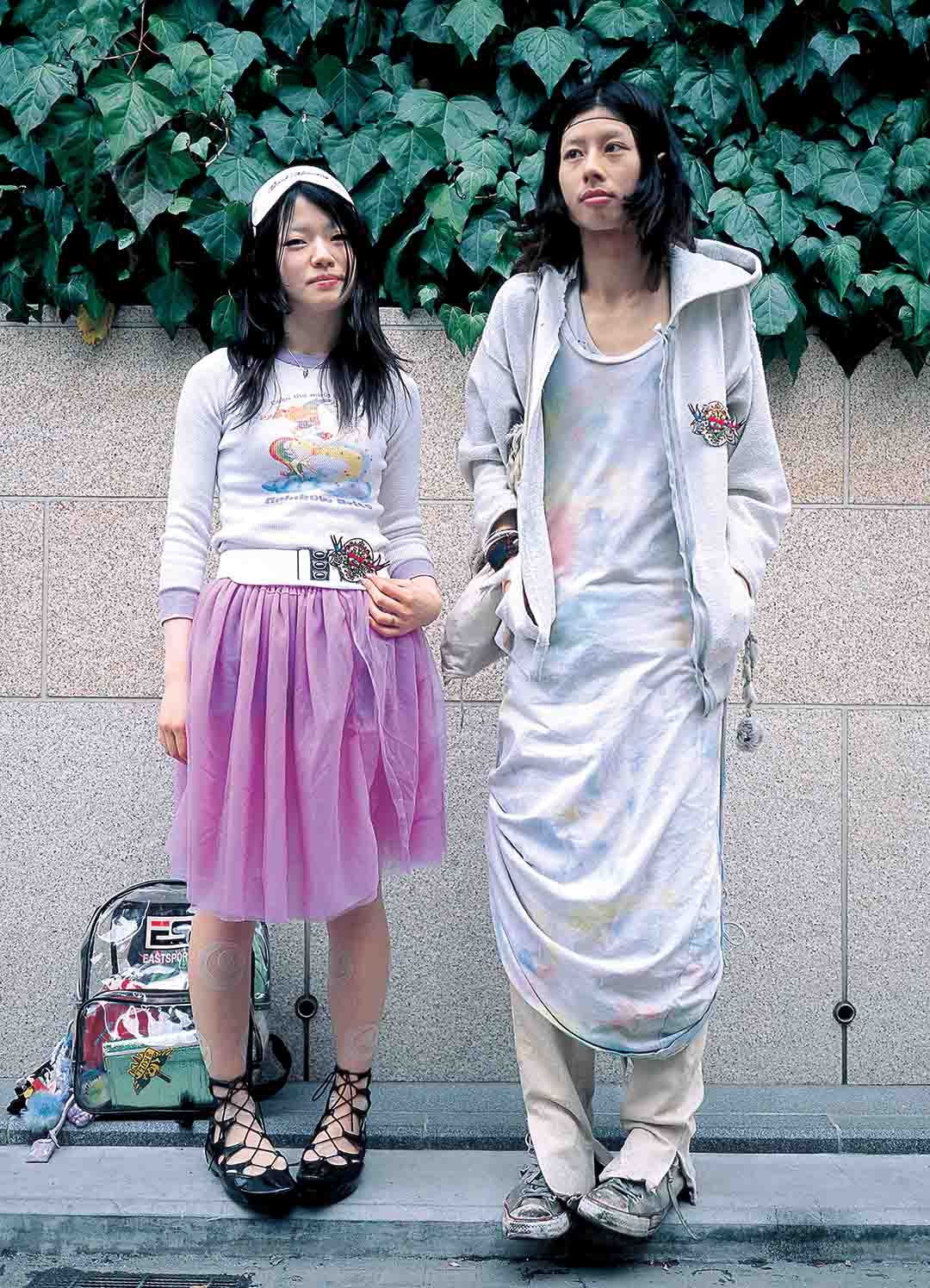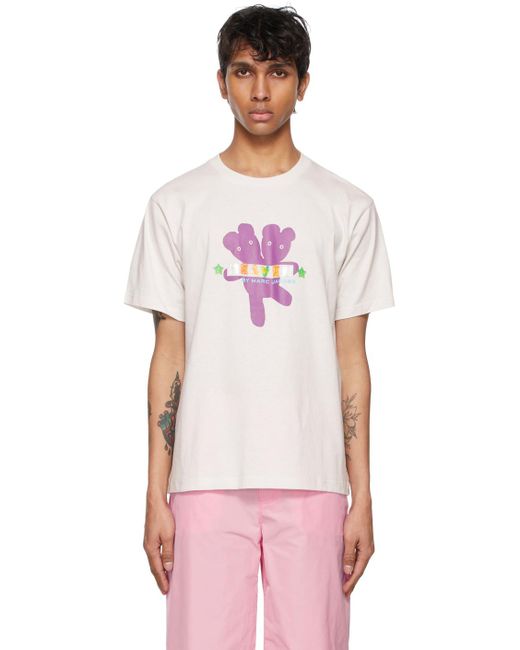Heaven by Marc Jacobs has been gaining steam on TikTok due to its use of “counterculture” figures and Y2K-esque marketing. However, despite the brand ethos pertaining to creating clothes that are meant to resonate with youth culture, behind the fish eye lens video recordings and celebrity endorsements lies a problematic leverage of subcultures.
Heaven by Marc Jacobs is often praised by its marketing campaign, with people praising the choice of celebrity endorsements, but it’s fairly obvious that the brand is just endorsing celebrities that will statistically resonate with their target audience the most, exactly like any other brand would do. This doesn’t make the envelope-pushing nor is it worthy of praise, Gen-Z consumers are quick to point out when a brand is out of touch, but is easily enamoured when a brand aligns with them, even though the methods of doing so is unethical. In other words, of course they pick celebrities with a perceived image of being “weird,” because that is the whole point of their brand image. The same can be said for brands that have faced similar backlash in the past such as Lululemon and Brandy Melville.



